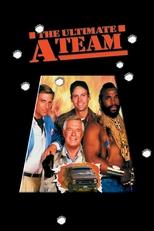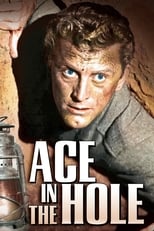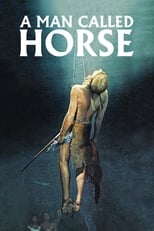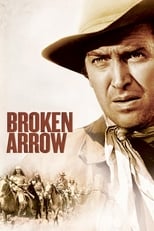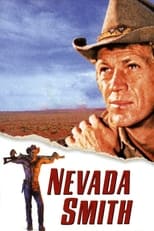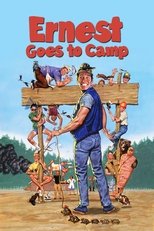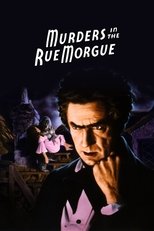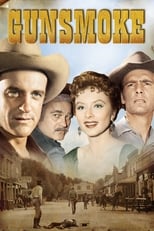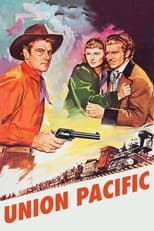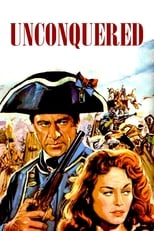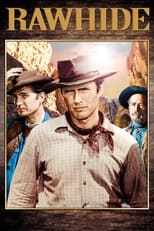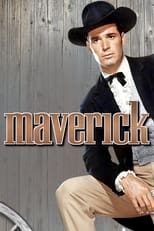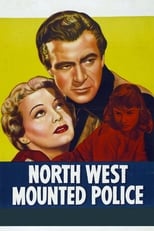Iron Eyes Cody
¿Quién es Iron Eyes Cody?
He appeared in more than 200 films, including The Big Trail with John Wayne; The Scarlet Letter, with Colleen Moore; Sitting Bull, as Crazy Horse; The Light in the Forest as Cuyloga; The Great Sioux Massacre, with Joseph Cotten; Nevada Smith, with Steve McQueen; A Man Called Horse, with Richard Harris; and Ernest Goes to Camp as Chief St. Cloud, with Jim Varney.
In 1953, he appeared twice in Duncan Renaldo's syndicated television series, The Cisco Kid as Chief Sky Eagle. He guest starred on the NBC western series, The Restless Gun, starring John Payne, and The Tall Man, with Barry Sullivan and Clu Gulager. In 1961, he played the title role in "The Burying of Sammy Hart" on the ABC western series, The Rebel, starring Nick Adams. A close friend of Walt Disney, Cody appeared in a Disney studio serial titled The First Americans, and in episodes of The Mountain Man, Davy Crockett and Daniel Boone. In 1964 Cody appeared as Chief Black Feather on The Virginian in the episode "The Intruders." He also appeared in a 1968 episode of Mister Rogers' Neighborhood featuring Native American dancers.
Cody was widely seen as the "Crying Indian" in the "Keep America Beautiful" public service announcements (PSA) in the early 1970s.The environmental commercial showed Cody in costume, shedding a tear after trash is thrown from the window of a car and it lands at his feet. The announcer, William Conrad, says: "People start pollution; people can stop it."
The Joni Mitchell song "Lakota", from the 1988 album, Chalk Mark in a Rainstorm, features Cody's chanting. He made a cameo appearance in the 1990 film Spirit of '76.
Living in Hollywood, he began to insist, even in his private life, that he was Native American, over time claiming membership in several different tribes. In 1996, Cody's half-sister said that he was of Italian ancestry, but he denied it. After his death, it was revealed that he was of Sicilian parentage, and not Native American at all.
Cody, at age 94, died of mesothelioma at his home in Los Angeles on January 4, 1999.
Trabajos destacados
Géneros más habituales en las películas de Iron Eyes Cody
Géneros más habituales en las series de Iron Eyes Cody
Compañeros de trabajo recientes de Iron Eyes Cody
Las imágenes y retratos de actores y actrices mostrados en este sitio web son obtenidos de la base de datos pública de The Movie Database (TMDb), utilizada bajo los términos y condiciones de dicha plataforma. En caso de que alguna imagen o fotografía sea incorrecta, ofensiva, o pueda infringir derechos de imagen o copyright, puede ser editada o eliminada directamente en TMDb. Esto provocará su eliminación automática en este sitio web. Adicionalmente, si usted desea solicitar la eliminación de una imagen directamente en nuestro sitio web, puede utilizar el formulario de contacto ubicado al pie de la página. Atenderemos su solicitud de manera expedita y tomaremos las medidas necesarias para garantizar el cumplimiento de los derechos aplicables.
The images and portraits of actors and actresses displayed on this website are sourced from the public database The Movie Database (TMDb), used in accordance with its terms and conditions. If any image or photograph is incorrect, offensive, or may infringe image rights or copyright, it can be edited or removed directly on TMDb. This will automatically result in its removal from this website. Additionally, if you wish to request the removal of an image directly from our website, you may use the contact form located at the bottom of the page. We will promptly address your request and take the necessary measures to ensure compliance with applicable rights.
